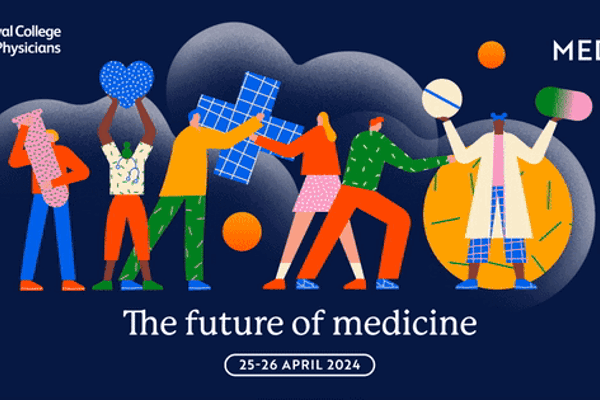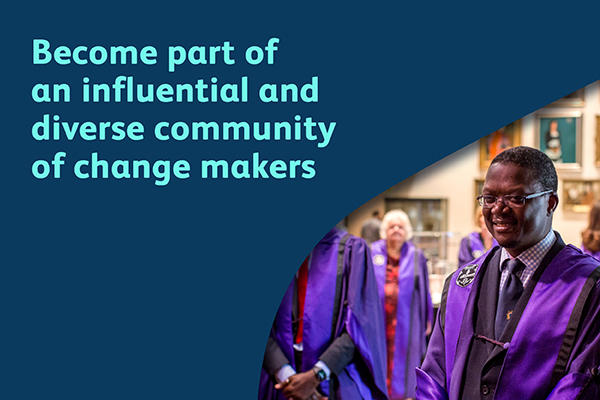This short report summarises the results of our twelfth and thirteenth surveys on the experiences of and outcomes for certificate of completion of training (CCT) holders within a year of gaining their CCT. Physicians in 30 medical specialties in the UK who gained their CCT during 2019 and 2020 were asked about their current working situation, experience of training and transition to a consultant role.
This unique annual survey is a collaboration between the Royal College of Physicians’ (RCP) Medical Workforce Unit and the Joint Royal Colleges of Physicians Training Board (JRCPTB) and is carried out on behalf of the three royal colleges of physicians of the UK. It has monitored changing outcomes for CCT holders since 2009.
Discrimination in shortlisting and appointment
In 2020 we said we had analysed the data from the past eight years of surveys and found consistent evidence of trainees from ethnic minority backgrounds being less successful at consultant interview. This is despite adjustment for potential confounding factors. That work will be published soon.
In this survey, respondents of white ethnicity applied for a mean of 1.14 posts compared to 1.38 for all other ethnic groups. 88% of white respondents received an offer after interview compared to 72% for all other ethnic groups.
The response rate was lower this year (22%) and the difference between groups is small and not statistically significant. But while there has been a year on year increase in the number of offers made after interview, there does still appear to be a difference according to ethnicity.
We will follow these results closely, particularly given the publication of the NHS Medical Workforce Race Equality Standard. Indicator 2 – the relative likelihood of White applicants being appointed from shortlisting compared to BME applicants – was included as a direct result of this work.
Key findings
- In summary, of the 471 new post-CCT physicians who responded to the survey, 69% are now in substantive consultant posts, the majority within the deanery in which they trained. The majority felt prepared for their consultant post, that they were well-trained in their specialty and, for the 56% who dual accredited, well-trained in GIM too.
- The greater acceptance of different working patterns is illustrated by the increasing number who are working LTFT as new consultants (32% in this survey) and the relative ease with which they had that working pattern agreed.
- Unfortunately, little progress has been made with the introduction of local trust support for new consultants. New consultant induction, mentoring and early job planning are key to embedding a new consultant in their role and supporting their wellbeing. Only 41% of new CCT holders found the transition from trainee to consultant easy; we should aim for this to increase substantially in future.
Contact details and CCT dates for trainees in all 30 medical specialties were obtained from the JRCPTB.




